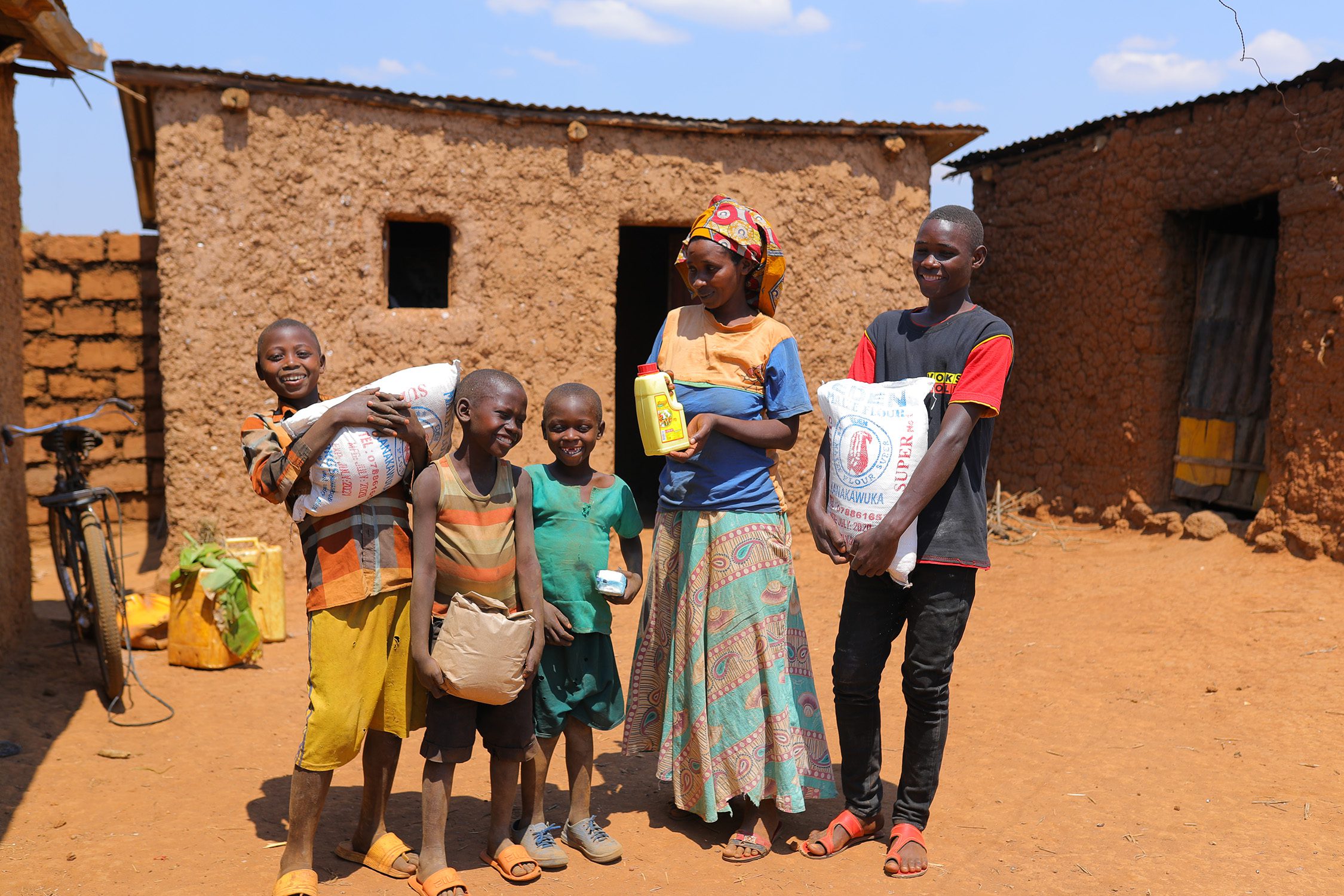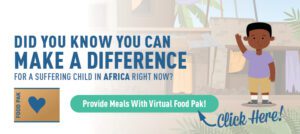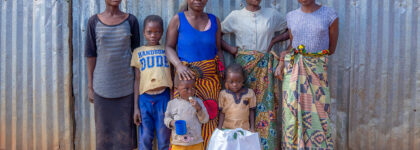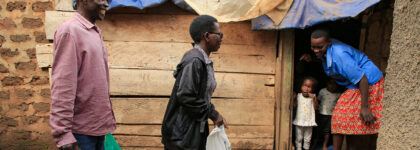In Malawi, nine-year-old Christopher struggles to keep up in school, likely due to cognitive delays caused by ongoing nutritional deficiencies throughout his childhood. In California,…
Did you know?
When most people think about Rwanda, the 1994 genocide is often the first thing that comes to mind. Since then, Rwandans have come a long way in bringing unity to their country. Here are ten fascinating facts you may not know about this small, but mighty country.
1. “The Land of a Thousand Hills” Characterized by its hilly and mountainous terrain, Rwanda got this nickname for good reason. Rwanda’s elevation spans between the Rusizi River at 950 m above sea level to the peak of Mount Karisimbi at 4,507 m above sea level. There are 374 named mountains in Rwanda
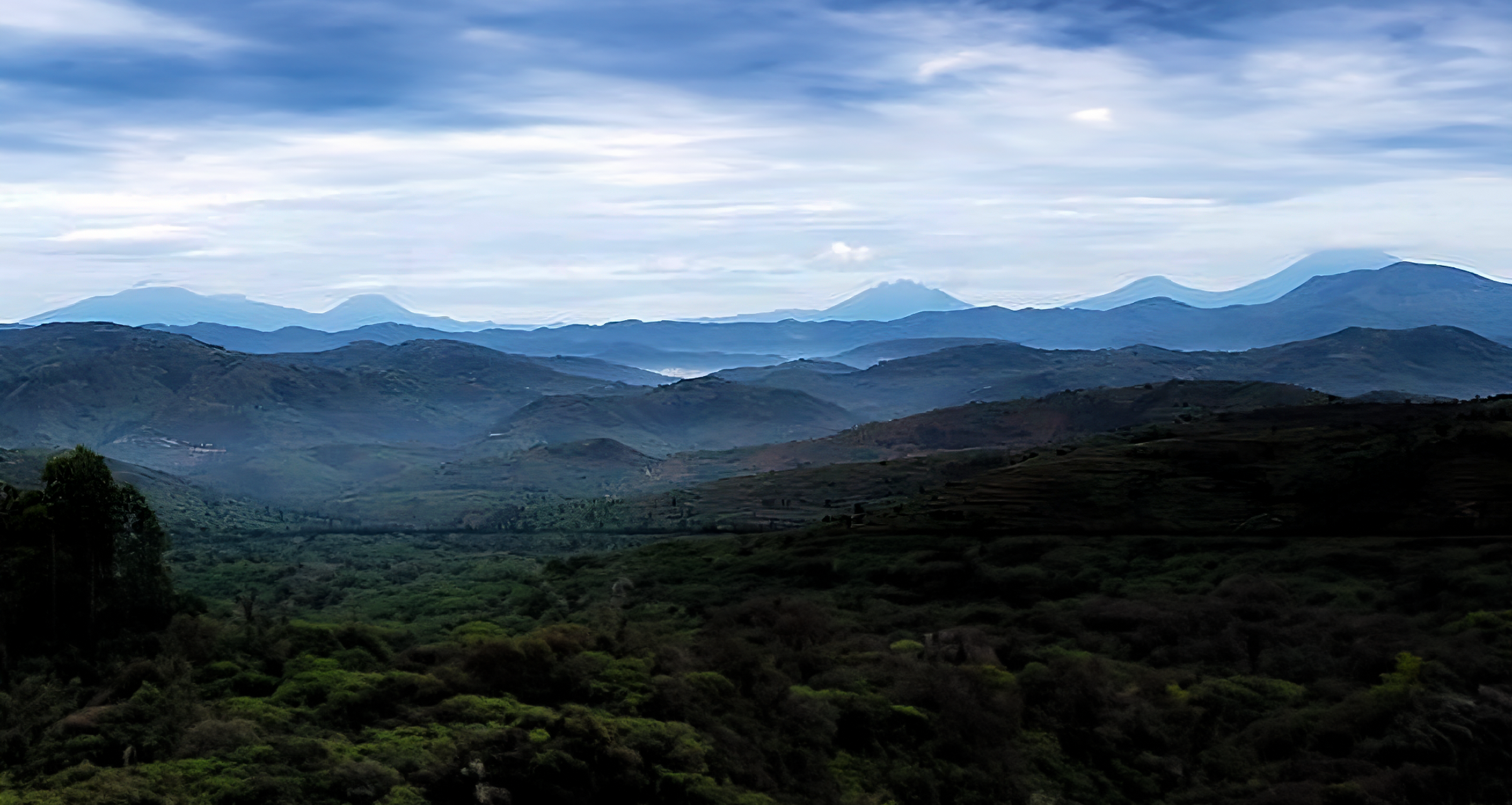
2. Home to the endangered mountain gorillas. The Virunga Mountains that line the northern border of Rwanda are made up of eight major volcanoes. More than half of the population of remaining mountain gorillas live in these mountains. Thanks to conservation efforts, the mountain gorillas have increased in number in recent years.
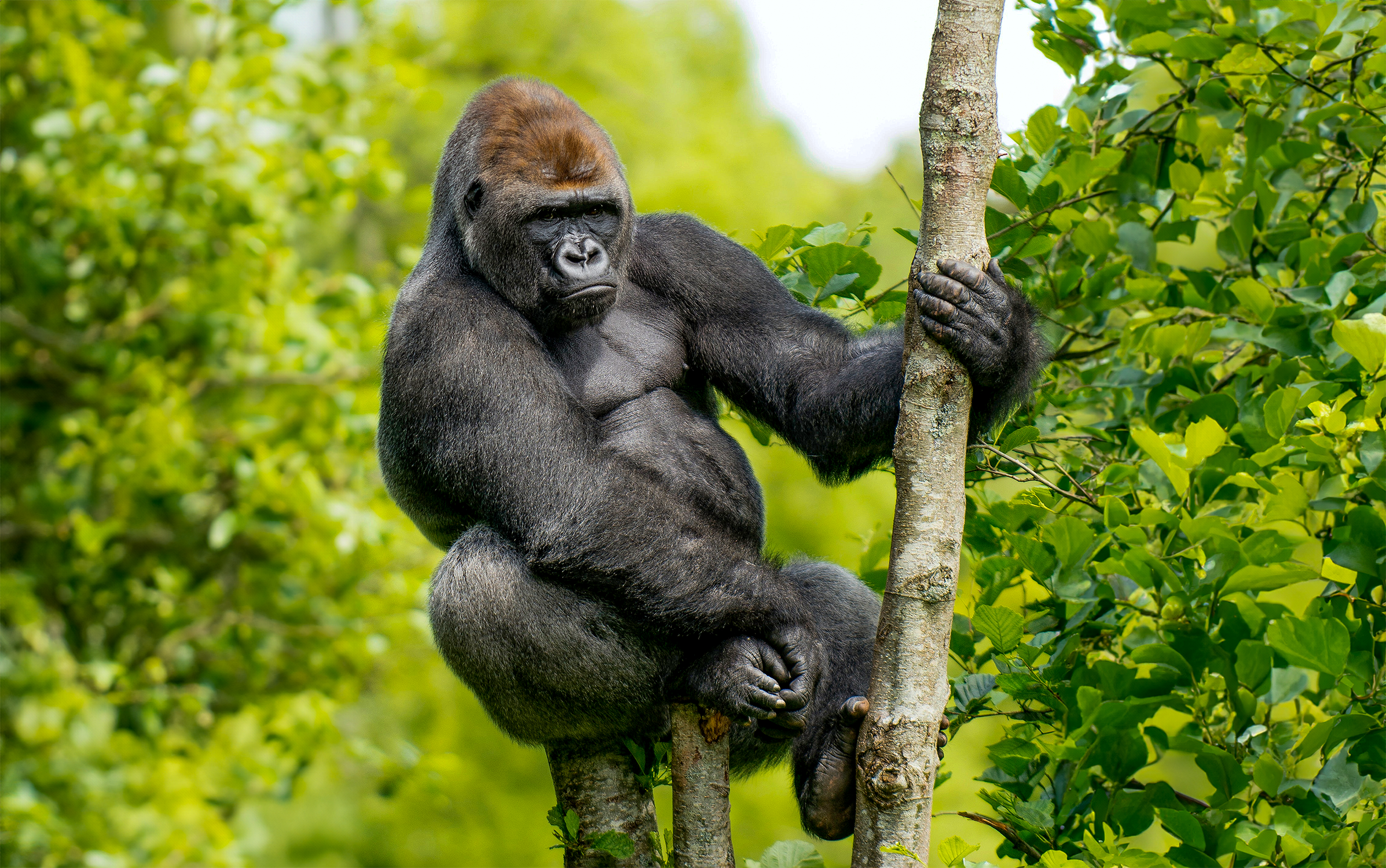
3. Rwanda is the most densely populated country on the continent of Africa. In addition to mountain gorillas, Rwanda is also home to over 13.4 million people. That’s similar to the population of the state of Pennsylvania. Rwanda is one of the smallest countries on the African continent—and about a fourth of the size of the state of Pennsylvania. There are roughly 1,360 people living in each of Rwanda’s 10,169 square miles.
4. No plastic bags here! Despite its dense population, Rwanda is the cleanest country in Africa. This is partly because the country banned the use of plastic bags in 2008. Tourists are not allowed to bring bags into the country, and stores will not give them out. Common alternatives to plastic bags are re-usable bags, paper bags, or biodegradable bags made from cassava or banana leaves.
5. Community work day. Another reason Rwanda is so clean is thanks to Umuganda, a national holiday that takes place on the last Saturday of every month. From 8 a.m. to 11 a.m., people across the nation take part in community work to contribute to the overall national development. During Umuganda, business activity stops, and public transportation may be limited as everyone stops to contribute to their community in whatever way they can.
6. Kigali car-free days. In addition to keeping the streets clean, Rwandans are also working to clean their air. On the first and third Sundays of every month, major streets are closed to motorized vehicles. In addition to limiting the air pollution cased by gas-powered vehicles, people are encouraged to walk, run, bike, or engage in other healthy activities.
7. Rwanda has four official languages. Kinyarwanda (commonly known as Rwanda) is the national language of Rwanda. Before 1994, French was the language taught to children in schools. Following the Rwandan genocide, the government made the switch from French to English as the medium of education in schools. Kiswahili (commonly known as Swahili) is also taught as a subject in schools but is spoken by fewer than 1% of Rwandans.
8. Rwanda has Central Africa’s largest protected wetland. Akagera National Park, located along Rwanda’s eastern border, is home to over 12,000 animals. In addition to its environmental impact, the park also provides for the 300,000 people living in the surrounding areas by offering employment opportunities. In addition to working in the park, the area around the park is also the main source of Rwanda’s honey. Honey farms were established to provide an alternative income for those who previously engaged in poaching.
9. Women make up more than half of Parliament. In the 1990s, an average of 18% of Rwandan Parliament members were women. This number has grown. In 2003, a 30% quota was set for women in Parliament. In 2008, Rwanda became the first country in the world with a female majority in Parliament with 56%. Today, that number sits at 61%.
10. Children’s Hunger Fund partners with seven churches in Rwanda to serve families in need. In 2007, the opportunity came for CHF to resources churches who ministered to people following the Rwandan Genocide. In addition to providing training in mercy ministry and funding for the Food Pak program, CHF continues to provide aid to churches through various self-sustainability projects.
Our church partners in Rwanda are located within the capital of Kigali, south of Kigali in Begesera, and to the east in Kageyo, but the families they serve are not limited to those cities. These faithful pastors and church members faithfully volunteer their time to visit families in need and deliver Food Paks, building relationships and sharing the gospel.
